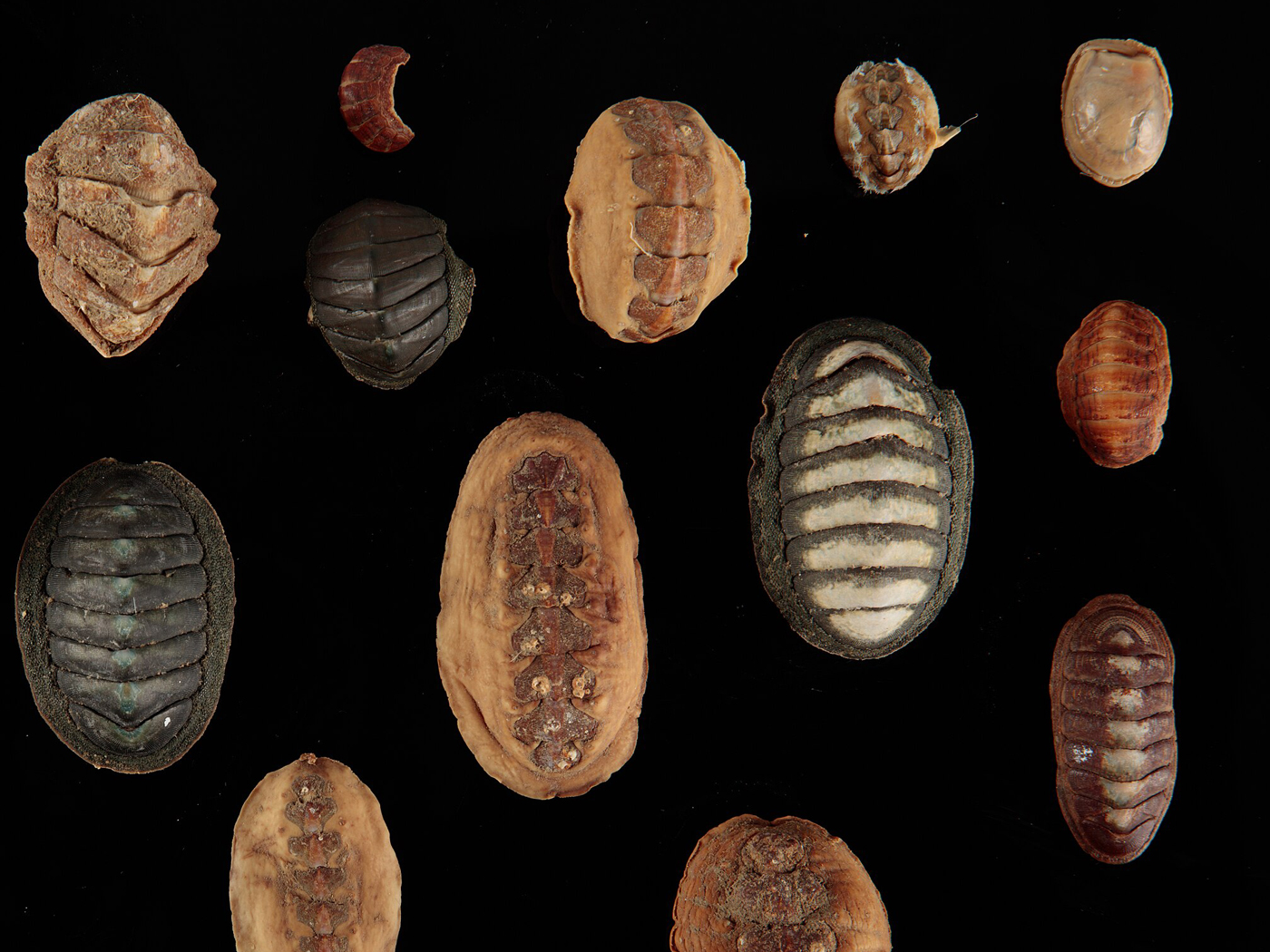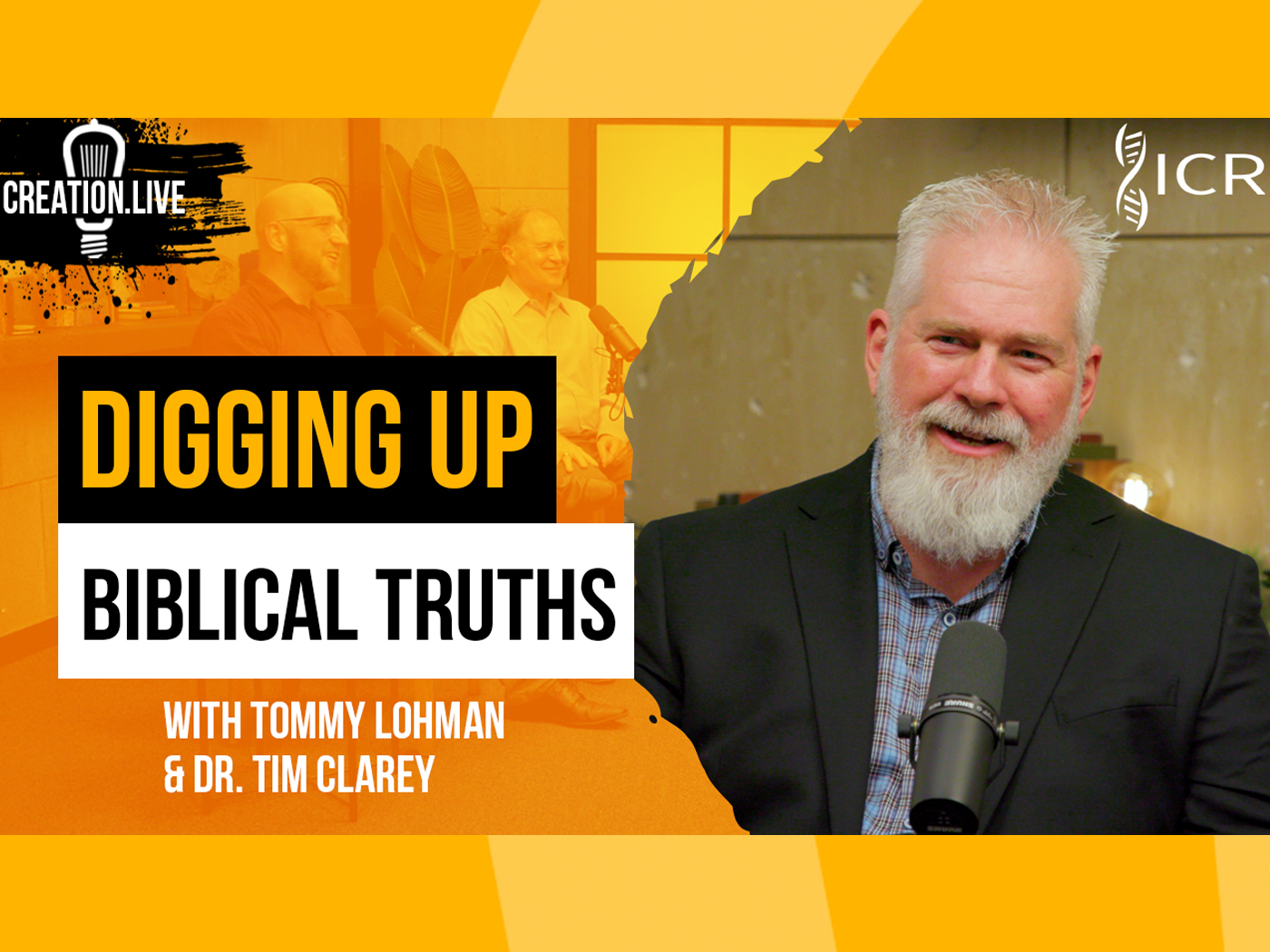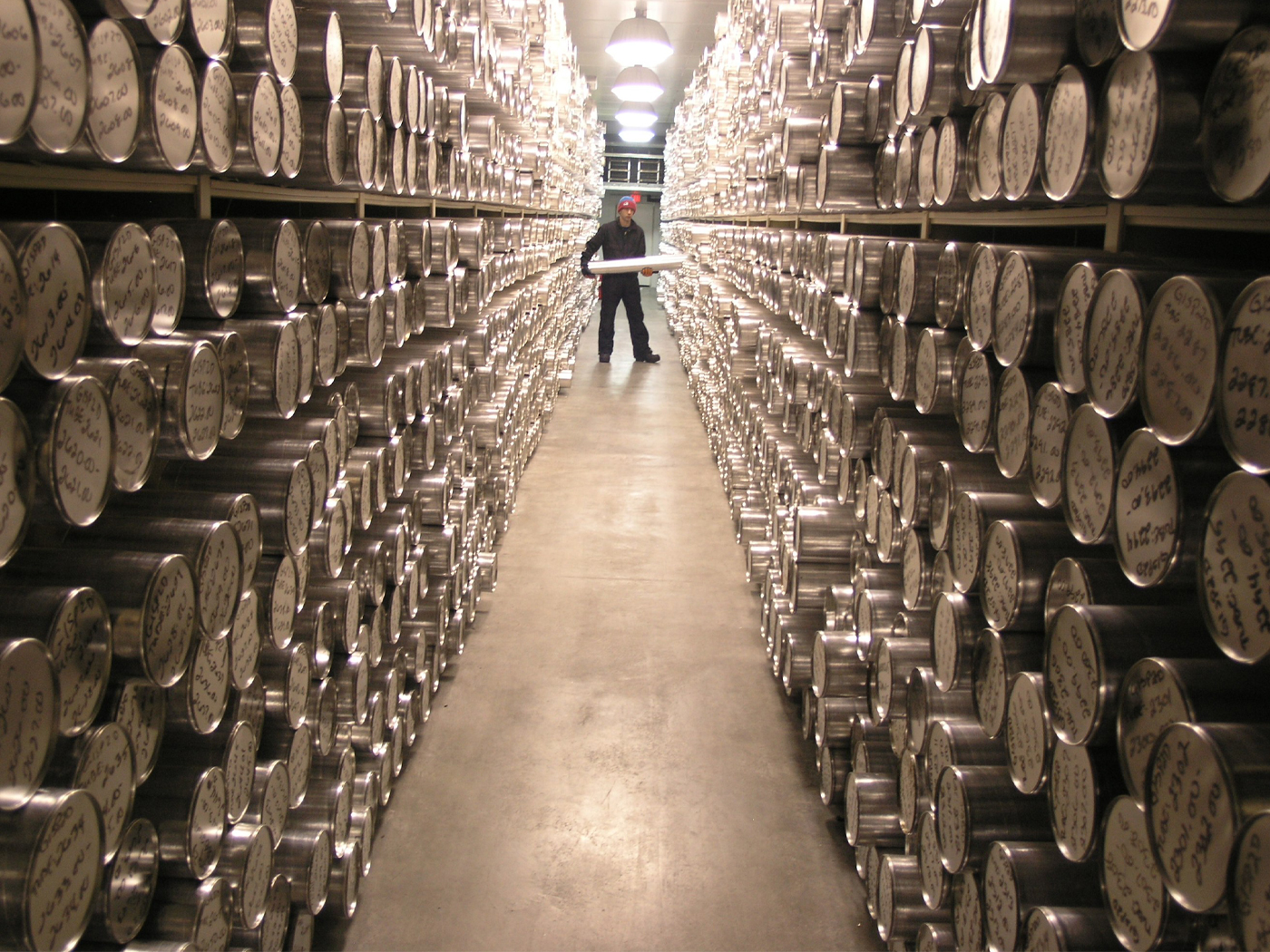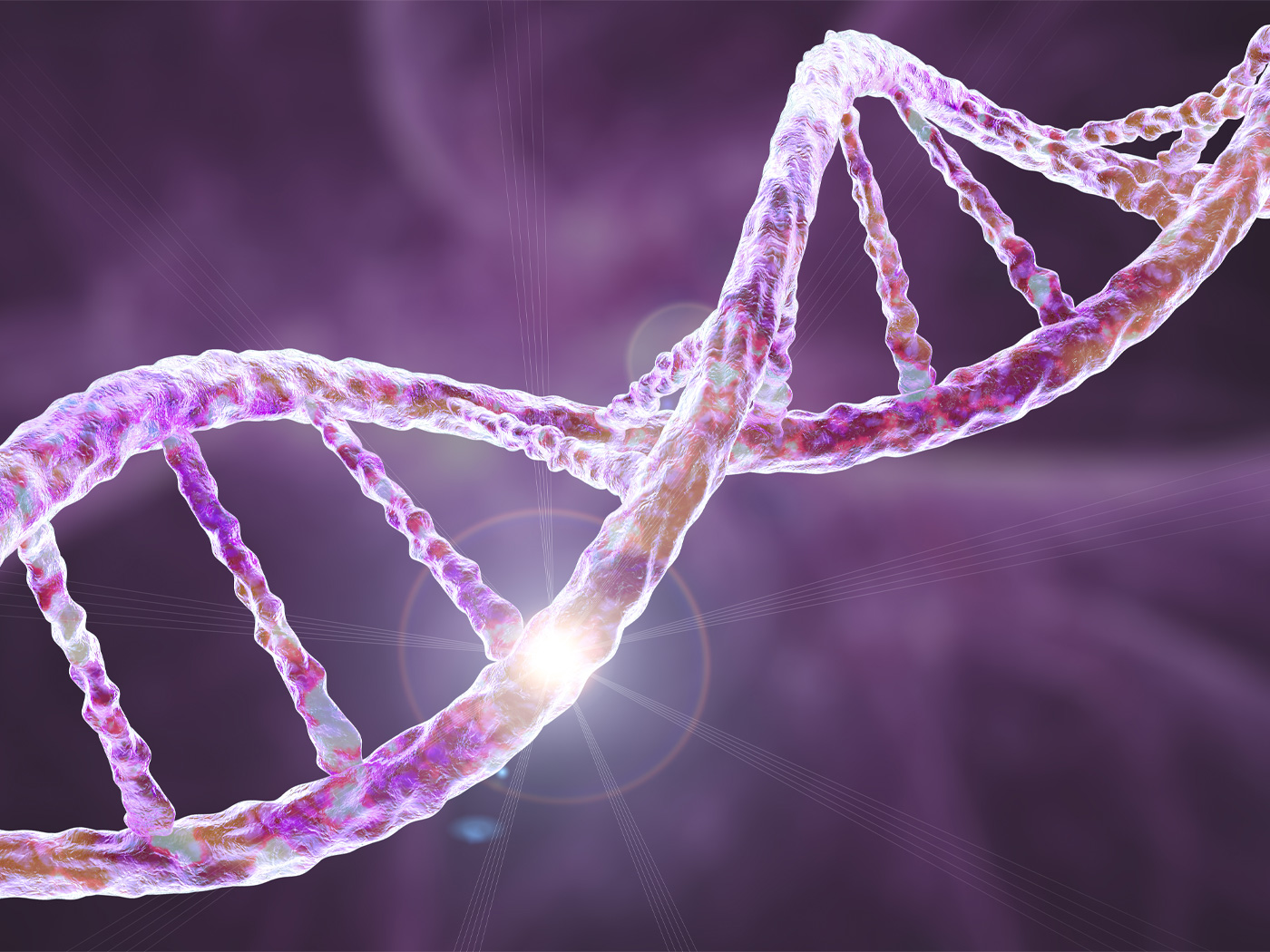Dr. Cameron Alexander of the University of Nottingham recently used polymers to build capsules that imitate bacterial cell walls. Bacteria can interact with these capsules, absorbing chemicals from them. In the May 29, 2008, article “Synthetic Copycat of Living Cell Underway: Life, But Not as We Know It?,” Science News quoted Dr. Alexander as saying, “These are very primitive steps in the lab, and still a long way from a true synthetic counterpart to a biological cell, but we have demonstrated that we can transfer certain molecules from inside the synthetic capsule to the bacteria when they are in physical contact, which is an exciting development.”
What do Dr. Alexander’s “very primitive steps” demonstrate?
Actually, the fact that bacteria can interact with manmade capsules contributes very little toward the creation of synthetic cells, although it may lead to medicinal breakthroughs and is therefore a worthy endeavor. The fact is that bacteria were designed to interact with their environment. They have a remarkable capacity, for example, to scour about for loose bits of DNA that may contain “software” to help them survive when stressed. Their ability to absorb certain molecules from a synthetic capsule placed in proximity to them does not necessarily mean that the capsule is anything like a cell. It may be cell-like, but that would be because of its shape, size, and makeup—all design features.
Building a synthetic cell might be impossible. It is comparable to building a large city’s worth of infrastructure—including communication, transportation, waste management, data processing, recycling, manufacture, and sanitation—all with invisibly small machines. Biblically, there is no mandate that precludes man from attempting to build bacteria. The exercise might just force investigators to discover new intricacies of bacterial design, or to learn something of the complex and precise constructions required to manufacture even these smallest of life forms. With all the effort required by intelligent men in their attempts to build life, hopefully more will see that time and chance are not genius enough to create even the simplest of organisms.
* Mr. Thomas is Science Writer.
Article posted on June 4, 2008.
























